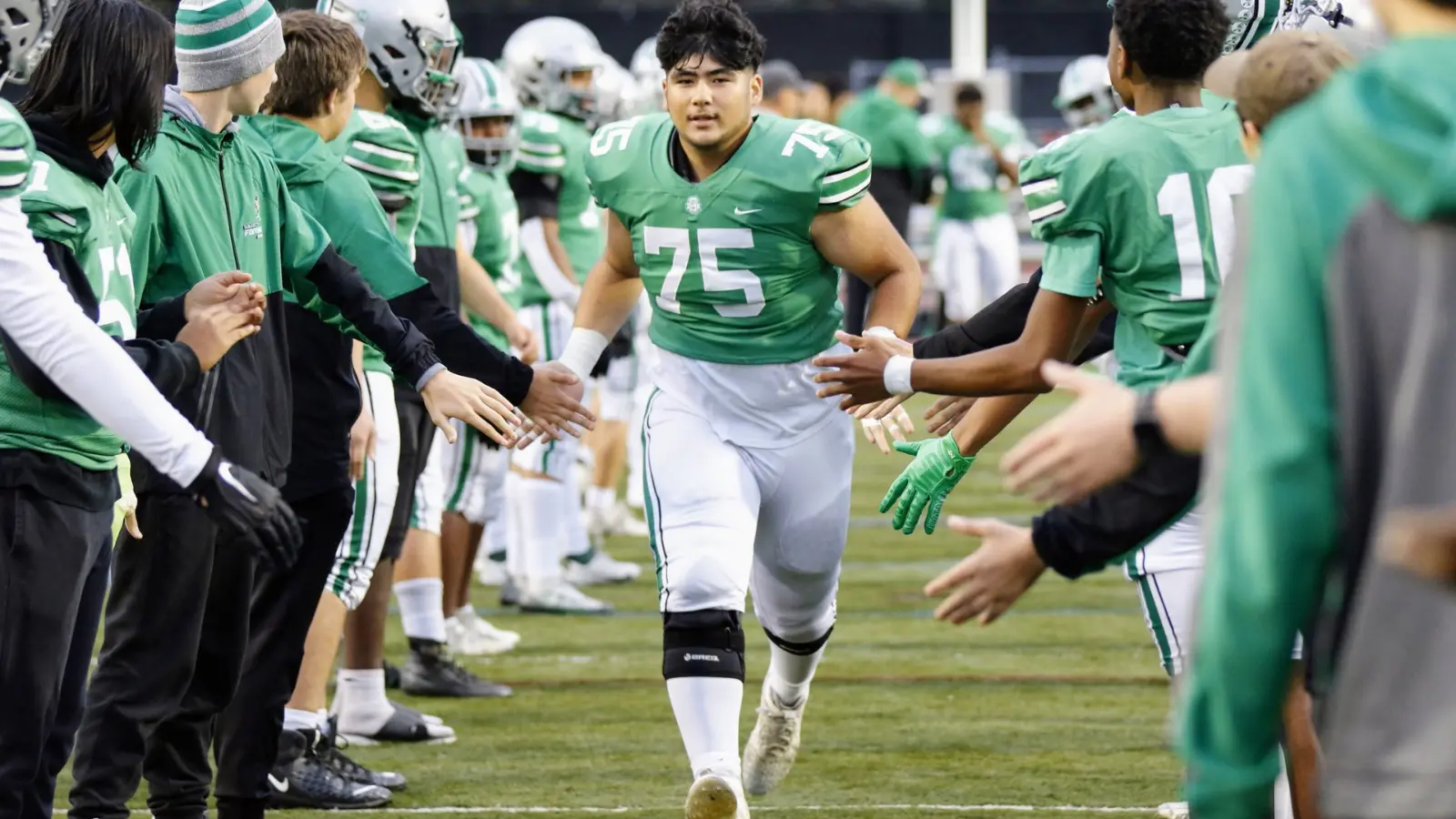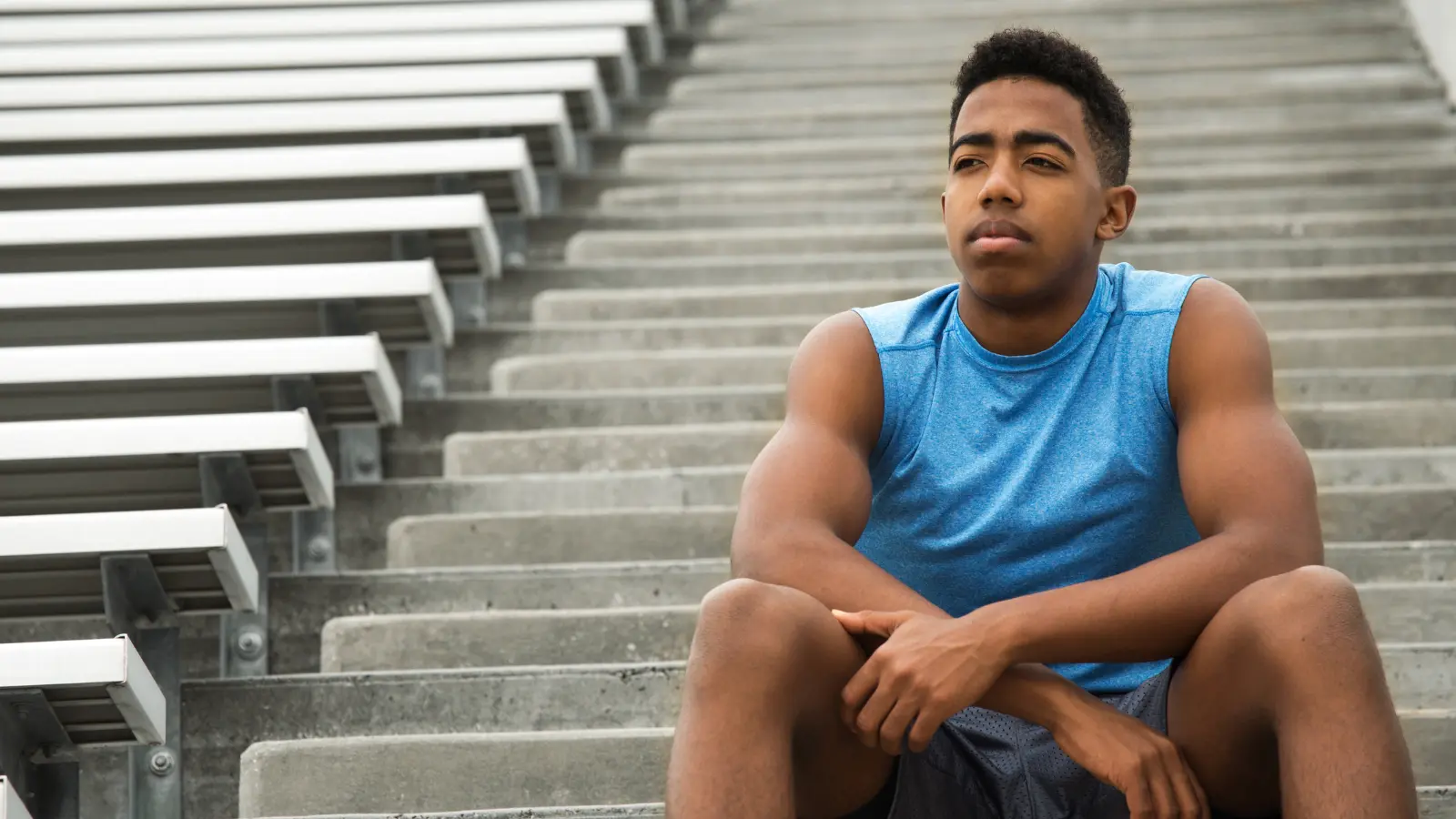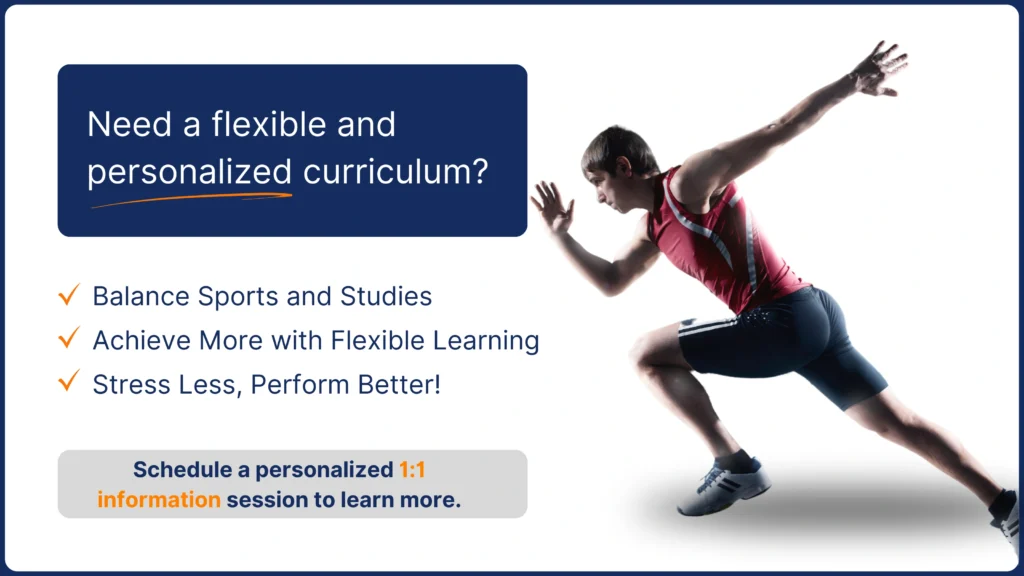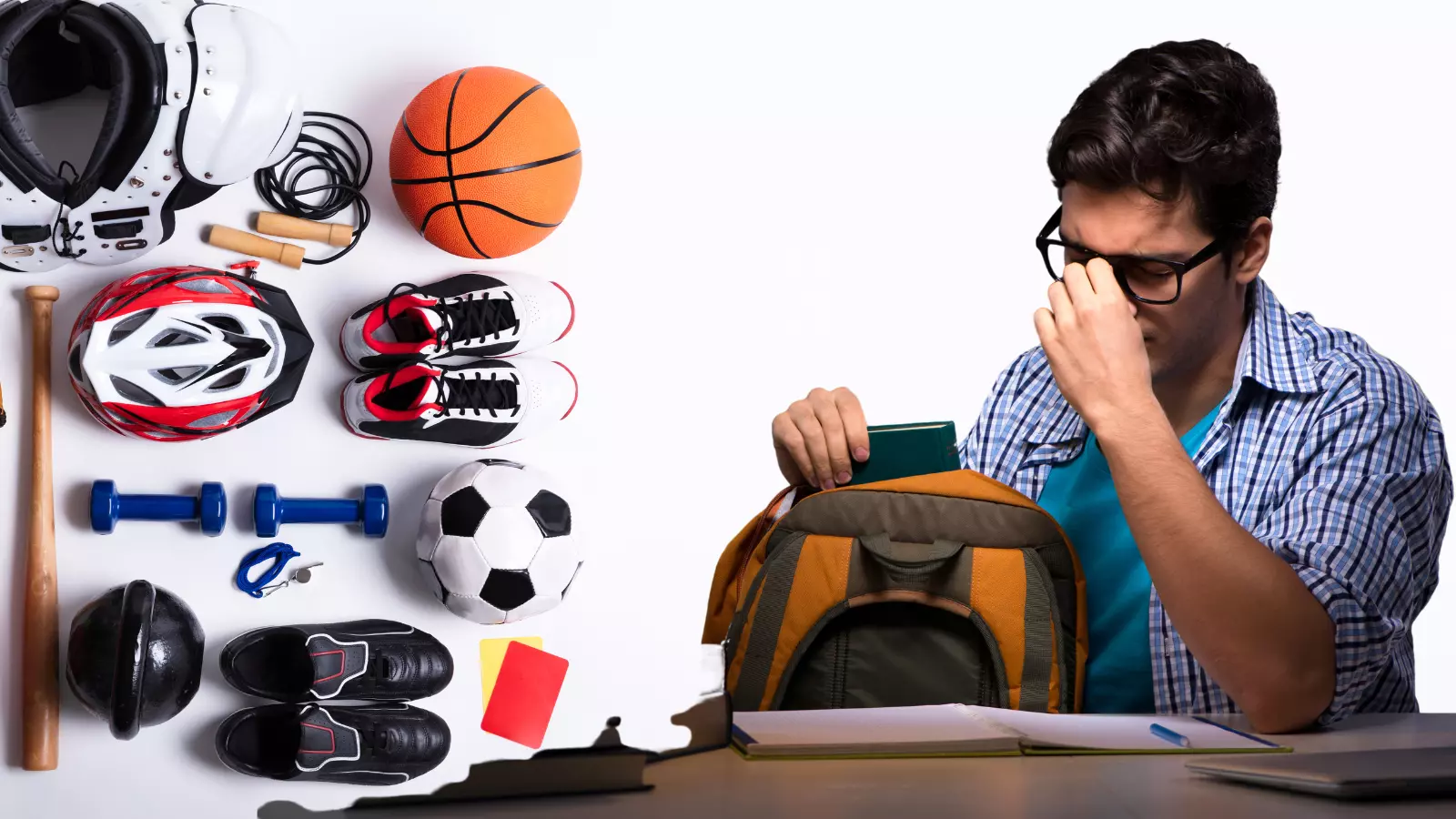A student-athlete is between the pull of academic work and sporting activities, having to balance between the two. Challenges of being a student-athlete are numerous and include time management, physical and emotional fatigue, social life, and mental health challenges. These young athletes need to excel academically but they also must have good physical health.
Thus, the pressure is enormous, but recognizing these problems may help in searching for means of effectively supporting student-athletes.
This blog post discusses the struggles of high school student-athletes and provides possible solutions based on research and studies. Additionally, we will take a glimpse into Bedri Parlar’s journey—a former high school student-athlete and incoming freshman at The Ohio State University—highlighting his experiences in balancing academics and athletics.
1. Time Management
Balancing the demanding schedules of both academics and athletics is a significant challenge faced by student-athletes. Time management becomes a critical skill that is hard to master, requiring a level of mental maturity and discipline that can be daunting.
The rigorous daily physical training not only wears down the body but also consumes time and energy that could be allocated to studying and academic pursuits. The struggle to find suitable hours for academic work is compounded by athletic commitments, often pushing study times into the early hours of the morning.
This constant juggling act between maintaining athletic performance and academic excellence encapsulates the unique pressure student-athletes face, highlighting the necessity for strategic planning and support to navigate their journey to succes.
2. Physical and Emotional Fatigue
The problems of being a student-athlete do not only lie in the management of their time, but also in the great physical and emotional stress. They undergo constant training and competition hence, they are always tired. This level of physical involvement has serious effects like muscle pain, fatigue, and injuries that affect athletic performance and studying.
One research indicated that 45% of student-athletes suffer from sleep problems due to the fact that they have to adhere to a packed timetable. This hampers their thinking process hence they are oftentimes unable to focus during lectures and examinations.
Another thing is that they have a lot to do with physical injuries that occur in sports. The periods of recovery can be lengthy, and student-athletes may possibly lose some practices and classes, thus impacting their athletic and academic engagements.
One of the serious challenges of being a student-athlete is also emotional exhaustion. The pressure to excel in sports and academic work translates to high-stress levels.
3. Social Life and Isolation
Another factor that is not very obvious is that being a student-athlete means one has to struggle with social life. Busy schedules make people spend little time socializing. It is challenging for most students to form and maintain friendships outside their teams. This is very hard to handle particularly during the most productive season such as during competition.
Student-athletes may suffer from social isolation because they usually cannot engage in many typical school activities. Because of their job which mostly involves moving around or training most of the time, they rarely have time to engage in social activities or even simple social functions such as meeting friends. This can make them feel isolated and lonely and is not good for their mental health.
These expectations exert pressure on the students and make them socially alienated between athletes and those who are not athletes.
4. Mental Health and Well-being
Mental health is such an important aspect of life particularly when one is a student-athlete. The pressure to perform well academically and in sporting activities may lead to increases in stress levels and cases of mental breakdowns. Some studies found that student-athletes experience more anxiety and depression than students who are not into athletics.
For instance, according to the ACSM, 30% of female and 25% of male student-athletes experience anxiety. This pressure is often attributable to the many demands that are placed on them by the trainers, their fellow players, and even their own selves. Self and outside pressure to perform well is always there.
Another issue that is of great concern is depression, which affects many student-athletes. With this in mind, it is significant to understand that student-athletes are at a higher risk of developing depressive symptoms, especially at the time when they are most likely to be training and competing.
Overcoming the Challenges of Being a High School Student-Athlete
Effective Time Management
Organizing time is one of the key factors that should not be overlooked or neglected by the student-athletes. It can be useful to manage classes, study, and training sessions with the help of planners and using other technology tools such as an Apple or Microsoft Outlook Calendar.
Utilizing Academic Resources
Some of the ways that student-athletes should seek help include tutoring and study groups. Communicating with the teachers about other athletic concerns proactively can also be helpful when it comes to managing workload. They may improve academic performance while at the same time reducing stress levels through the use of these resources.
Mental Health Support
Almost all high schools offer mental health support as the students struggle to balance between school work and life. Students can learn about various methods and strategies to preventing burnout.It is critical for high school student-athletes to be self-aware and mindful of their emotional state. It is easier to be mindful of physical state and listen to your body. However, mental and emotional well-being is not as clear and loud as a pain your experience due to a physical injury.

Maintaining Physical Health
It is especially important to have regular medical check-ups and know adequate ways to prevent injuries at some point in time. It is also pertinent to emphasize that the rest and recovery plans should also be included in the training schedules in order to prevent the athletes from getting burnt out. The right diet and nutrition are vital in order to maintain the good health of the body and to ensure that the body is in the right physical shape to perform. Fitness is important to ensure that a person can effectively attend class and participate in sporting activities because it is the optimum capacity of the human body.
Building Support Network
Discussing with the coaches, teachers, and peers about the engagements and challenges that students can create a positive atmosphere. Interaction with other students and members of the same school also helps.
Especially, teammates gradually become like a family for student athletes. Sharing personal spaces, spending weekends together etc. creates a close-knit community. This community ensures a well-rounded development, both in personal and academic spheres, creating a positive and enriching atmosphere for every student involved.
Bedri Parlar – A former high-school student-athlete and incoming freshman at The Ohio State University
While he was a 12th grader, Bedri enrolled in Global Town School and received academic coaching services. Bedri played football throughout high school and also graduated a Valeditorian in a high-performing suburban district. He is the epitome of balancing academics and athletics.
Now, let’s listen to Bedri as he tell us the difficulties he had to overcome as a student-athlete:

I played football all four years of high school, and it was definitely an interesting journey. The more you begin to academically challenge yourself, the harder it becomes to find a good and healthy balance between sports and academics. My junior and senior years were especially challenging because I was taking higher-level courses through Ohio State as well as my high school’s AP courses. Our practices tended to be three hours long, five days a week, and on Fridays, we would have games late into the night. It was very hard for me to maintain my GPA while also putting my body through such strenuous training. Having very little time in my day to focus on schoolwork, let alone my other responsibilities as the President of various extracurricular student organizations, pushed me to rethink how I should manage my time effectively.
I realized that in order for me to do the things I really cared about, I had to be smart with my time and make sure I planned my day to accomplish all my goals to be successful on and off the field. A strategy I used was completing what I call an hour audit every week, where I would first determine the number of hours in a week and then determine what percentage of it I spent doing non-negotiable, set time frame activities like sleeping, practicing, and time spent in class.
By visualizing the time I had at my disposal, I was able to efficiently manage my time and keep myself from being overwhelmed. I especially remember having an ACT test on a Saturday right after playing football until 11 that night. I ended up getting my highest scores on that test primarily because I was so efficient with budgeting my time.

Take care of your body
Another difficulty, other than time management, I faced was knowing how to take care of my body and knowing when to stop. A lot of student-athletes have this gung-ho, ‘tough guy’ mentality when it comes to injuries, but through my experience, hiding the pain does nothing but put your own team at a disadvantage and increases your chances of further injuring yourself.
As an athlete, it is 100% okay to tell your coach you need to sit certain reps out or visit the trainer when needed to make sure you are physically healthy enough to practice. This also translates to your mental health. If you’re finding yourself struggling to keep up with your schoolwork or feel overwhelmed, please don’t think you are alone, and don’t be afraid to reach out for help. I would ask my teachers for extra help or extensions on projects, and most of the time they said yes.
Taking care of your body is also crucial. I realized this really late prior to my junior year, I used to eat whatever I wanted and slept at sporadic times or stayed up on my screen far later than I should have and expected my body and mind not to react to that in adverse ways.
My concentration became really low, and because I wasn’t hydrating enough and resting and stretching properly, I would always be sore and feel tired on the field and in the classroom. However, once I started taking nutrition and recovery seriously, I felt a noticeable improvement in my attitude, athletic performance, and overall energy.
A lot of the difficulties student-athletes face are very similar, so don’t be afraid to reach out to some friends or trusted adults to help come up with effective strategies to get over your difficulties.
Conclusion
Being a student-athlete is no walk in the park because it requires balancing between being a student and an athlete, and between physical and mental tiredness. They often have requirements that could cause great pressure, loneliness, and psychological problems. These challenges should not be neglected because such awareness makes it possible to assist student-athletes.
For a deeper understanding of the student-athlete experience, check out our insightful interview with Coach Darian Tate, where he shares his own journey from high school football to the NFL, conducted by Bedri Parlar.





